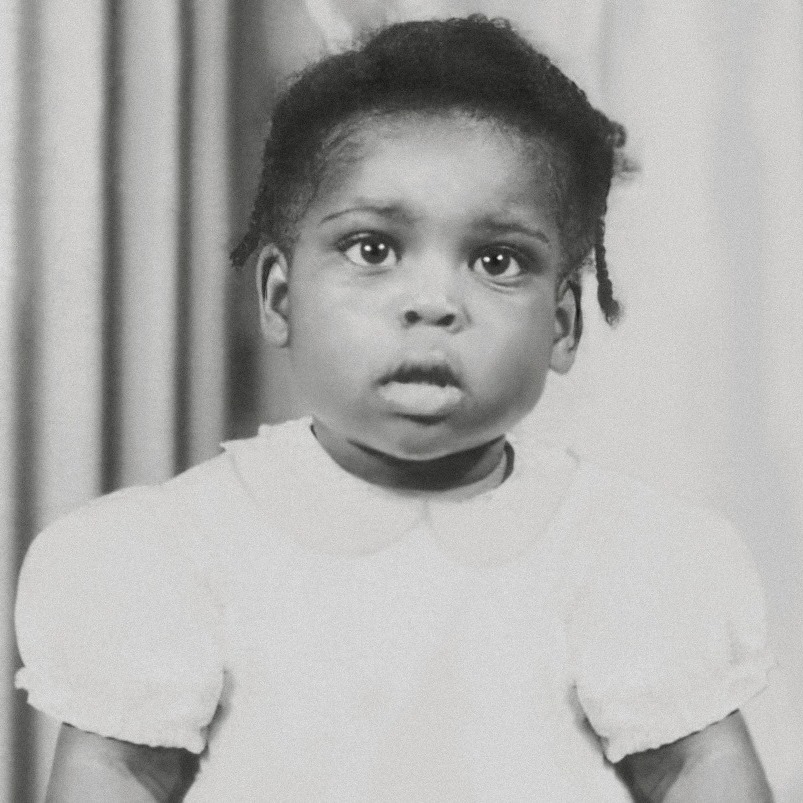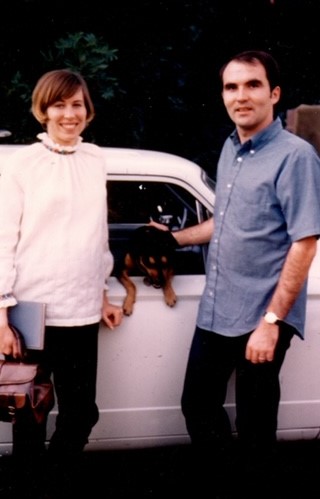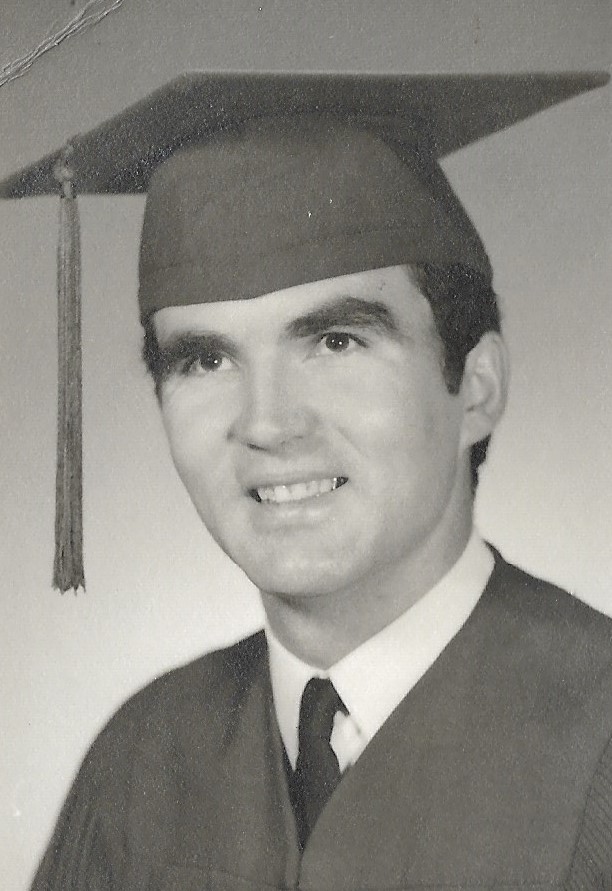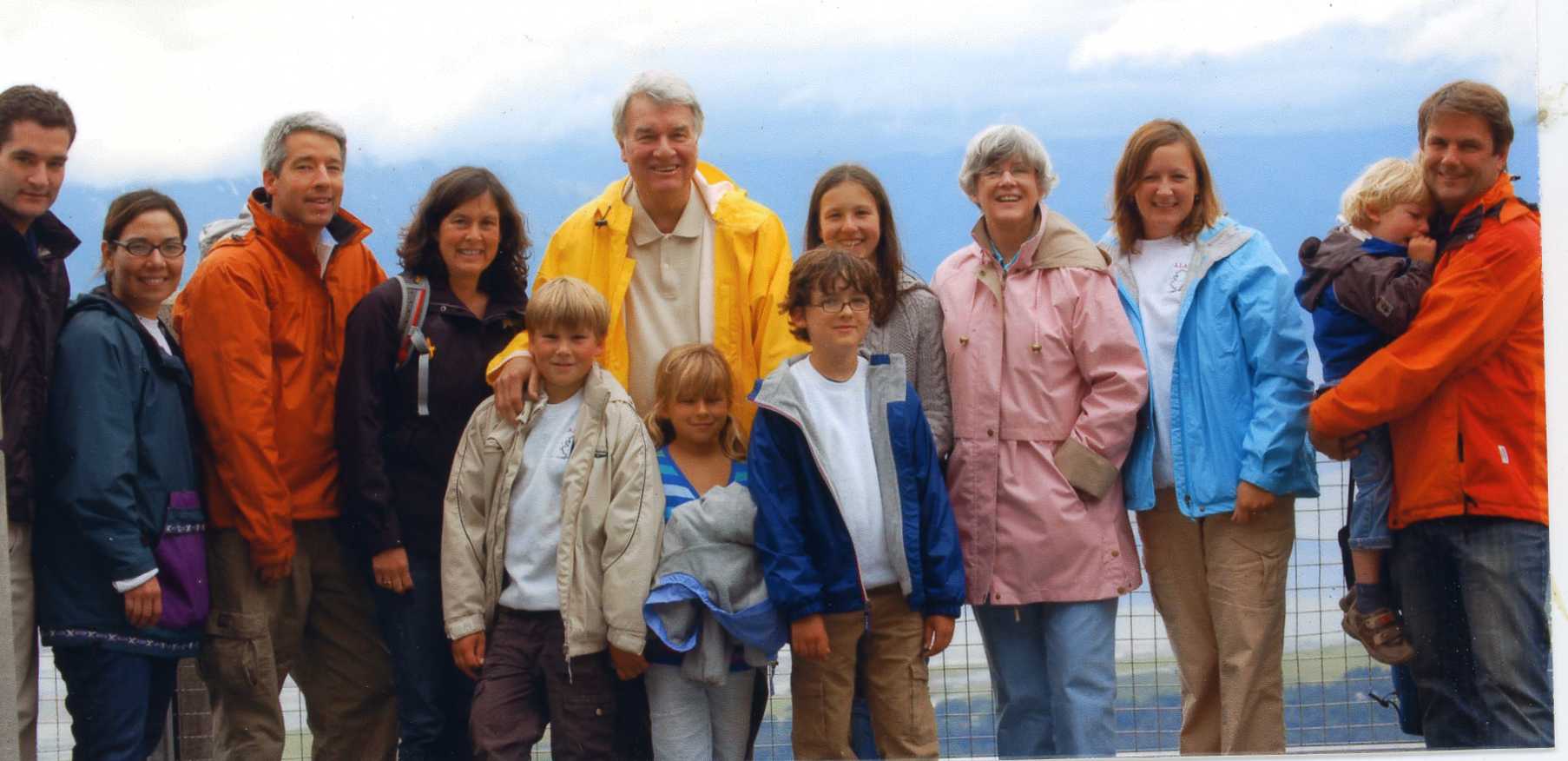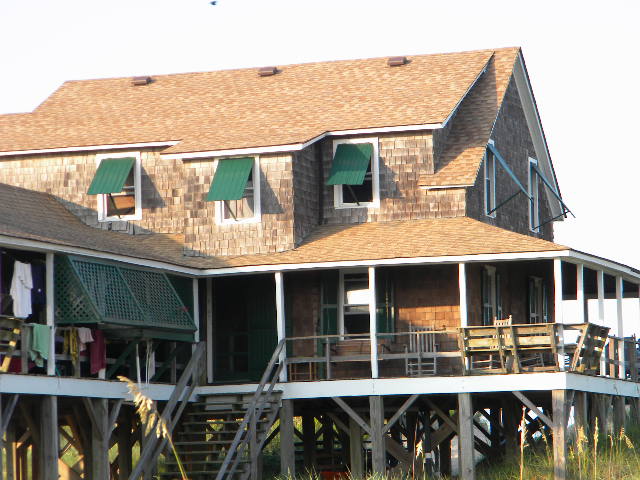Shades of Color
Who am I?
What a time to be living! From World War II to Corona-19! Is that a way to frame one’s life? Wars-disease? Better yet, to be framed by ‘the future.’ I think I ‘ve always been a futurist. My second grade birthday party was themed around Flash Gordon. My teaching career focused on preparing all of my students for their futures. My bent for science fiction, still one of my favorite genres, was fixed early.
Born on a Saturday, in a small, rural Oklahoma town to a teenage mother who married ‘the preacher’ says a great deal about who I am. The preposition “for” in the poetic line “Saturday’s child works hard FOR a living” could be exchanged for many of the other 68+ propositions, e.g., “at”, ‘through”, “by”, “before”(but who’s counting?), “despite”, etc.
That’s me—all of those. The main point, however, is found in the the two words “works hard.” I have been an overachiever since birth.
Soon to be the oldest of three, I had to work hard to get parents’ attention, particularly my mother.
Although I have no doubt that mother and daddy had a strong love for each other, in some ways I think mother married the preacher in some kind of a romantic fantasy. Daddy was older, handsome, in college at Oklahoma City University and destined for the pulpit—the Methodist pulpit. Mother said she met daddy when he came to Minco, OK, to preach as a student minister. With a child’s understanding, I once naively asked mother if she waved at him and said, “Hi, daddy.”
Mother was beautiful—gorgeous (years later a pastor friend of daddy’s told him that mother was the prettiest minister’s wife in the Oklahoma conference.). They made a handsome couple. As important, mother was smart, intelligent—more than daddy, I think. I know she wrote papers, she typed papers. (she typed John’s college research papers that he had written.) She graduated from high school when she was 16 and had finished 3 years of college before she married.
Although I was an ‘only child’ for little over a year, I must have been treasured, based on the number of photographs of me, both candid and professional. Or maybe it was just because I was the first that I received so much attention. As Darryl and Kaye were born in subsequent years, time and money would have made it impossible for as many pictures of them—although there is a professional picture of Darryl and Kaye when they were 6 months old.
All of this is to say, I must have felt abandoned very early because that’s the underlying feeling that has motivated me throughout my life. I worked so hard to please Mama—always pushing myself to get her approval and still feeling like I didn’t quite make it.
Abandonment was reinforced through several experiences: Two that both occurred in Apache when I was in the first/second grade etched in my mind. I came home from school, which was one block away, one afternoon, to find the house locked up. I was puzzled because mother was always home and the house was never locked. I sat on the porch step for what seemed like hours. It may have been over an hour. Thinking that I had been left for good, I just remember crying, with my elbows on my knees, my feet balanced on my toes, caused my knees to spasm. My legs were jumping up and down and I couldn’t stop them. Not only was I abandoned but my body was going crazy. That really scared me—I cried harder.
Oh, the relief I felt, when that old car pulled into the driveway with mother, daddy, Darryl and Kaye and Laura. They had been visiting or to a meeting—I can’t remember—but I still remember that feeling of being abandoned. There were times much later in life when that feeling swarmed over me but I learned to keep my body from spassing out. (confession–I always had a dread that John would leave me–He was the handsomest athlete that I knew. How could he possibly love me forever? My underlying fear, for years, was always that he would find someone else. I know, sounds wrong, but true–until he did leave me!),
Second memorable loneliness was also in Apache—after school. I had rushed home to change clothes to go back to school as I had promised friends that I would return to play on playground. When I got back to the playground, no one was there. I sat in a swing—arms around the chain, head dangling. The swing was slowing down (let the cat die—what an ugly metaphor which I didn’t understand as a child.). My bare feet was tracing lazy circles in the soft dirt as the swing came to a lazy stop. It was then that I realized there was no sound—no birds, no wind, no cars, no rustle of leaves— total silence. I was alone—totally alone—there was no one else left on earth—everyone else had vanished—it was an abandoned town—an abandoned Kyle!
That feeling of extreme loneliness was mystical!
NEXT!
Growing up in a Methodist parsonage wasn’t so bad—at least for me—at least until the 8th grade.
I know in retrospect that mother endured great hardship because the houses were so small and many in not so good condition.
Daddy’s salary was minimal (although I don’t know how much). With three, then four and finally 5 children, it was a challenge to put food on the table. One of my favorite times was when the church had a ‘Pounding’ for us. ‘Pounding’ was an old-fashioned term for a time when everyone in the church would bring a pound of food products for our family. The intent was to subsidize the meager salary. For me, it was always a fun time to see all of the food come into our home. I wonder now how mother must have felt. Was this the life she had imagined as a wife and mother? Occasionally, a farmer might give us beef or pork at slaughtering time. Mother was a great hand at cutting the head off of a chicken. Yes, chickens were also a gift from members.
There is more that one way to decapitate a chicken but mother’s way was expeditious and clean. She would take a piece of string or cord and tie the chicken by its legs to the wire fence that usually was found in the back yards of the personages. With the head hanging down, mother would grasp the chickens neck and stretch it way out then with a sharp knife would detach the head from the body. The wing would flap vigorously for minutes as the body jumped against that fence until all the blood was drained. (I’ve seen some just cut the head and let the body flap in the dirt—not mother!)
Into a pan of boiling water the body would go until the quills were softened. Then the plucking began. One chicken’s feathers could fill up a small wash tub. We never saved them, but of course, there was a time when feathers were the main filling for pillows.
Cutting up a chicken into its various pieces is quite a skill. Mother could cut one up in minutes and she would save the major organs to cook as well. I was never as fast as mother, but I worked for ‘old lady Cameron’ one summer in Wakita and that’s all that I did was kill and clean chickens! Whew! She had hundreds of chickens.
I know we ate and pretty well despite the hardship it must have been for Daddy and Mama. Beans were a staple and roast on Sunday was pretty ordinary.
In Wakita, the grocery store on the south side of the street (name?) had a drawing every Saturday at 4p.m. for a sack of free groceries. Any time that one purchased groceries, filling out the slip of paper to put in the drawing was a must. Mother always put Kaye’s name on that slip of paper because she won more than once. She was the family’s lucky charm—wonder how much hungrier we might have been if Kaye had not won groceries. I also wonder how the United Methodist Church would categorize Kaye’s winnings? LOL I would wonder if it was a rigged drawing in favor of the poor pastor’s family but the slip of paper with the winner’s name was drawn from a large wire drum which was spun to mix up the contents.
NEXT
On a side note/historical note: Today, movie theaters put in lounger seats to attract movie goers. In the 50’s, it was prize drawings which attracted movie goers. (This might be called today’s version of a lottery) First the coming attractions (only one), then the newsreel, then the weekly serial (today’s version of the TV series) and then the projectionist would turn off the projector, , the lights came up and the owner would come on the screen stage and a drawing was held. Usually for dishes or household items, as I remember.
NEXT
I remember pets!
In Apache, I had a cat. I can’t remember its name. What is most memorable about that cat was when I saw it dead. I was preaching in the pulpit of the church sanctuary (which was a favorite game of mine) when I happened to glance out of the open window (open because there was no air-conditioning, of course) which looked out on the tiny garden at the back door of the parsonage. There in the midst of the strawberry plants was the carcass of my cat! I remember running down the church stairs and out the basement door and picking up that carcass and crying. What happened next! What often happened in our play time—Darryl, Kaye and I had a funeral. With a shoebox and a spoon, we went to the back of the small yard, dug a hole, placed the box and covered it. Oh, but we had songs and prayers, of course. That funeral was so successful that we scavenged for more dead animals, mostly birds, that we, likewise, had funeral services for.
In Mountain View, we had Donald and Daisy ducks. Donald kept a security watch on our yard as anyone who dared to get on our grass found themselves chased by a hissing duck.
We also had a dog named Grandpappy. He was a small, spotted black and while long haired dog. A sweet natured dog, as I remember. The sad ending to Grandpappy is when we moved from MountainView to Buffalo, he was not included in the first wave of things to go. Daddy had to go back to Mountain View to pick up some things we left and he promised to bring Grandpappy. When daddy arrived in Buffalo without him, we were told that when daddy stopped to give him a break, he ran away. That’s a story that I’ve always thought was untrue—Mother and daddy just didn’t want a pet around.
In Buffalo, we had a goat. He was tethered behind the old church. I guess we didn’t have him long as he was prone to eat lots of stuff—including stuff which he shouldn’t eat.
NEXT
As mentioned earlier, from the time I was in the first grade, I often played in the church—played at being the preacher. I would stand in the pulpit and preach to the empty congregation. Yep!
I started my public speaking early. My first recognition as a speaker was in the fourth grade. I was in 4-H and we were required to participate in the county contests. I was given a ‘Timely Topic” to memorize and present at the county contest in Hobart, OK. I think I was suppose to write my own. Since I didn’t, or maybe because I was only in the 4th grade, I was given a prepared one. There was a stack of memorgraphed pages of demonstrations and singular topics to pick from. (If I concentrate, I can still see those two typed pages.) I couldn’t decide so I was given one. Something about sewing and tailoring. “dressmaker’s pins” was a term that had to be explained to me.
The ride on the school bus to Hobart—It was my first school bus ride that I remember– was hot and the windows were open. I stood at the front of a classroom—there were judges in the front row and spectators in the classroom chairs behind. I gave my Timely Topic. When all was concluded, I was given a grand prize ribbon for the best of all presented that day. I kept that ribbon for years. Wonder what I did with it? It might be with that fuzzy stuffed kitten I as given in the 3rd grade–I kept it for years also.

